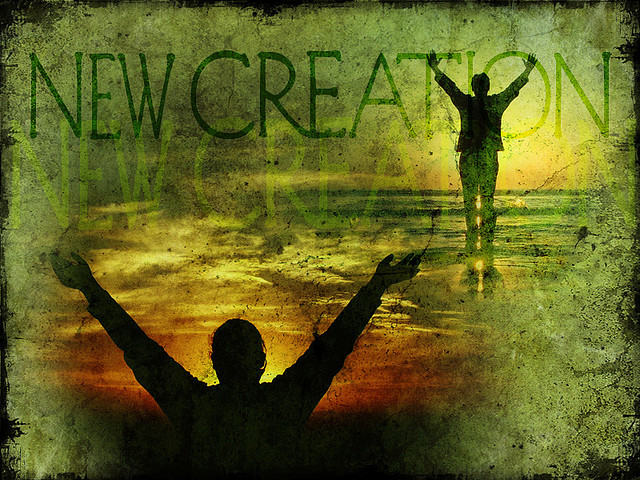
A bible verse that is very near and dear to my heart is 2 Corinthians 5:17 (NLT) “This means that anyone who belongs to Christ has become a new person. The old life is gone; a new life has begun!” What an amazing truth! When Jesus saved me, this was one of the verses that the pastor shared with me. I remember very clearly my thoughts in this moment. I thought to myself “I am so tired of living this life of drug addiction, if Jesus wants my life and can do something better with it then He can have it.” And Jesus has been true to His Word. My life is a living testimony to this truth. My continual prayer is that Jesus would continue to encounter those struggling with drug addiction and speak the promise of this verse to them. If this is you, then receive this truth. If you have a loved one or friend in bondage to drug addiction then I pray that the Holy Spirit would cultivate a patch of good soil in their heart to receive this truth. And for you who has been faithfully interceding at 4:20, I pray the Lord would speak to you about His great pleasure in your sacrifice and obedience.